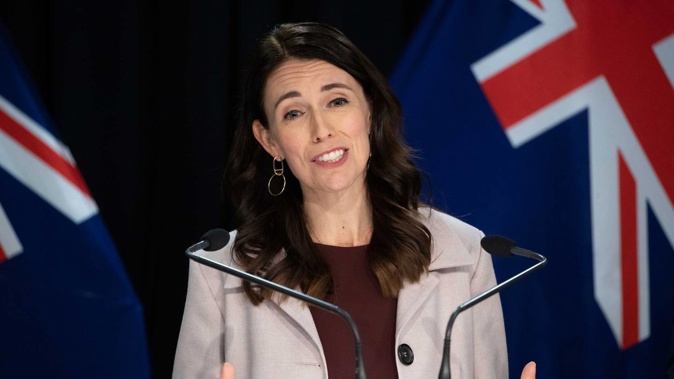
President Joe Biden will use tonight's historic Apec leaders' meeting - hosted virtually from Wellington by Prime Minister Jacinda Ardern - to stake out his administration's commitment to multilateralism.
White House press secretary Jen Psaki said Biden's participation demonstrated US leadership in the Indo-Pacific region and the United States' commitment to multilateral institutions.
"As the President's first engagement with many of the Apec leaders, particularly those in Southeast Asia, he will also emphasise the importance he places on the region, as well as his vision for a free and open Indo-Pacific," says Psaki.
"And he'll provide an update to leaders on what the United States is doing to serve as an arsenal of vaccines for the region and to support all those suffering from Covid.
"Finally, he'll also advance an economic agenda that promotes our shared prosperity, leverages the economic potential in the region, and builds inclusive and resilient economies."
On Monday, Ardern highlighted that Biden and Russian president Vladimir Putin would attend the retreat. Chinese president Xi Jinping was the obvious missing major player.
Ardern danced on a diplomatic pin when I asked her about this outside Wednesday's NZIAA 'Standing in the Future' conference in Wellington. She hadn't seen a full list of participants and imagined it would be provided publicly ahead of the meeting.
It was not until late Thursday (NZT), that China's Foreign Ministry (MFA) spokesman Hua Chunying officially confirmed President Xi's attendance saying at Ardern's invitation he would attend via video conference from Beijing the Apec informal leaders retreat.
"The retreat is held at the initiative of New Zealand, the host of Apec for this year. The theme is: Confronted by Covid-19, what are the opportunities for the Asia-Pacific region to collaborate to move through the health crisis, and to accelerate economic recovery in a manner that lays the foundations for a better future?", the MFA statement said.
Notably there has been no public positioning by Xi ahead of the retreat.

President Joe Biden will use tonight's meeting to stake out his administration's commitment to multilateralism. Photo / AP
Unlike the US, China is not a member of the G7 group which recently met in Cornwall under UK Prime Minister Boris Johnson's leadership to discuss the impact of the Covid-19 pandemic and their response. Australian Prime Minister Scott Morrison was a guest of the G7 and he and Johnson announced agreement on a bilateral UK-Australia FTA at that time.
So Ardern is in an influential position to forge commonality between the US and China on the path ahead to come out of the pandemic.
"This is the first time in Apec's history that leaders have held an extraordinary meeting at leaders' level, and it reflects our desire to navigate together out of the Covid-19 pandemic and economic crisis," Ardern said on Monday.
She also said the leaders must ensure global supply chains remain open and resist the urge to "turn inward."
An earlier meeting of Apec trade ministers chaired by Trade Minister Damien O'Connor agreed to support a temporary waiver of certain intellectual property protections on Covid-19 vaccines and speed up the flow of vaccines.
Given the World Trade Organisation members have struggled to reach agreement on a potential waiver of Trade-Related Aspects of Intellectual Property Rights for Covid-19 vaccines, Ardern might be tempted to give the issue a nudge tonight.
Take your Radio, Podcasts and Music with you









